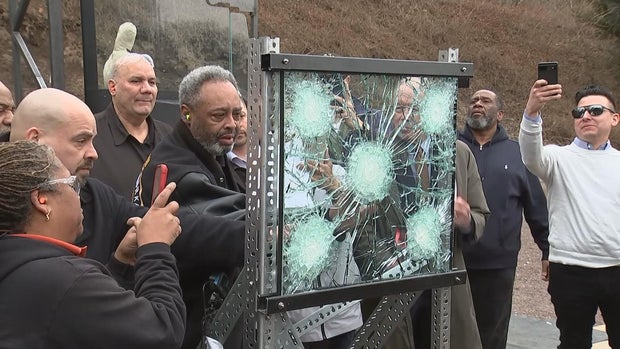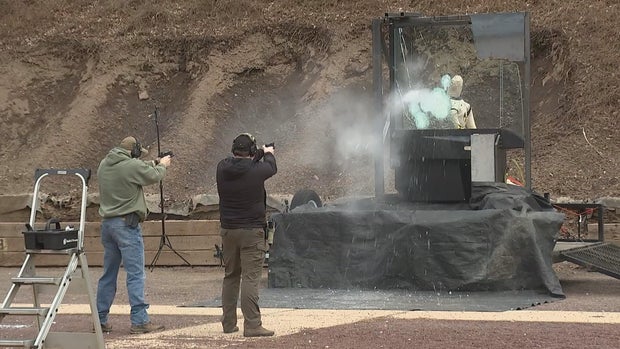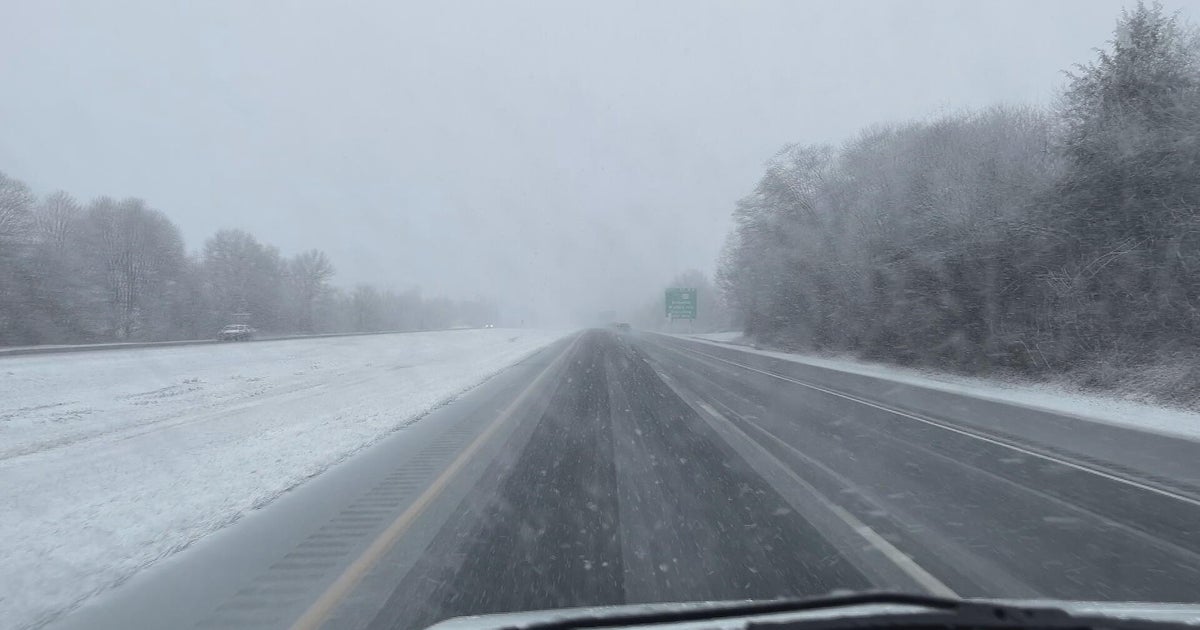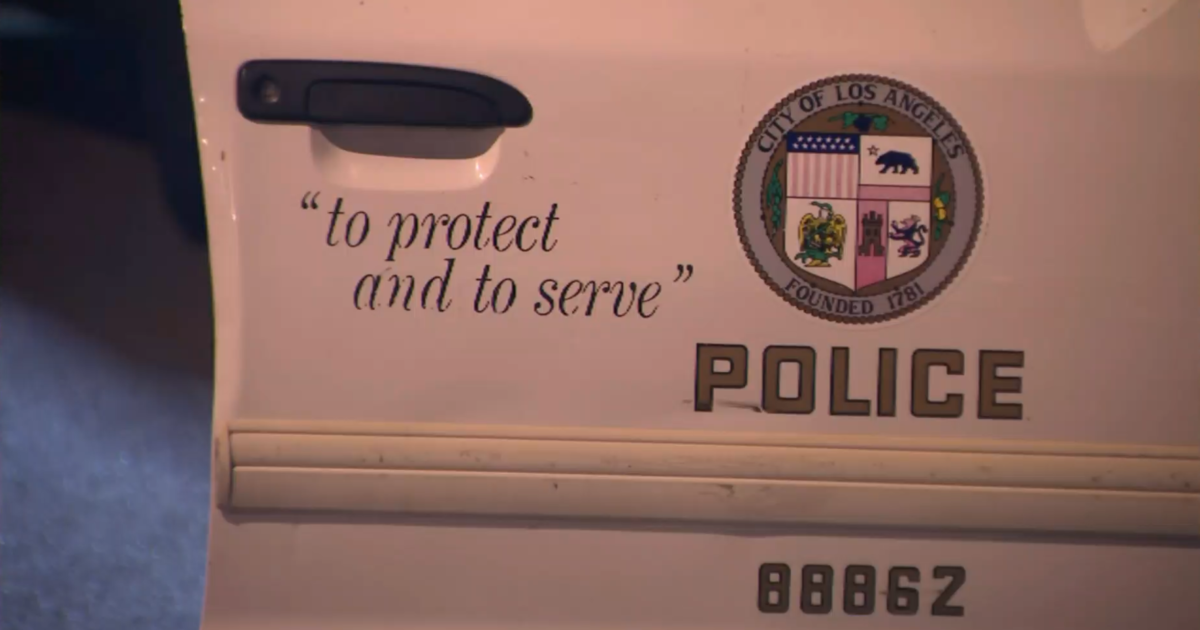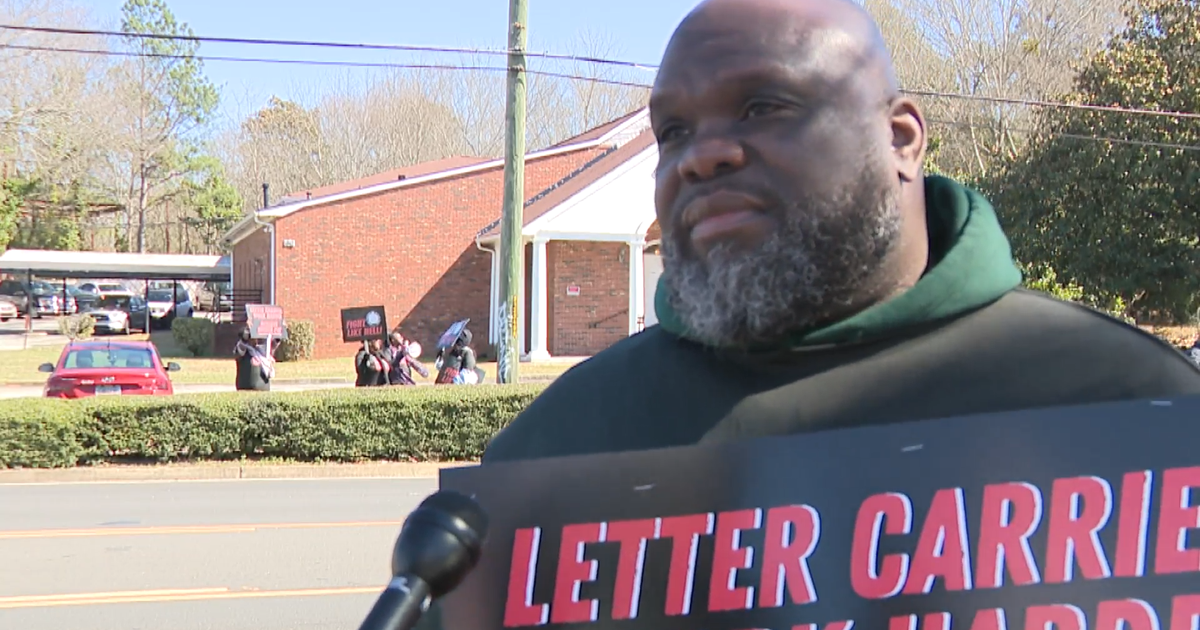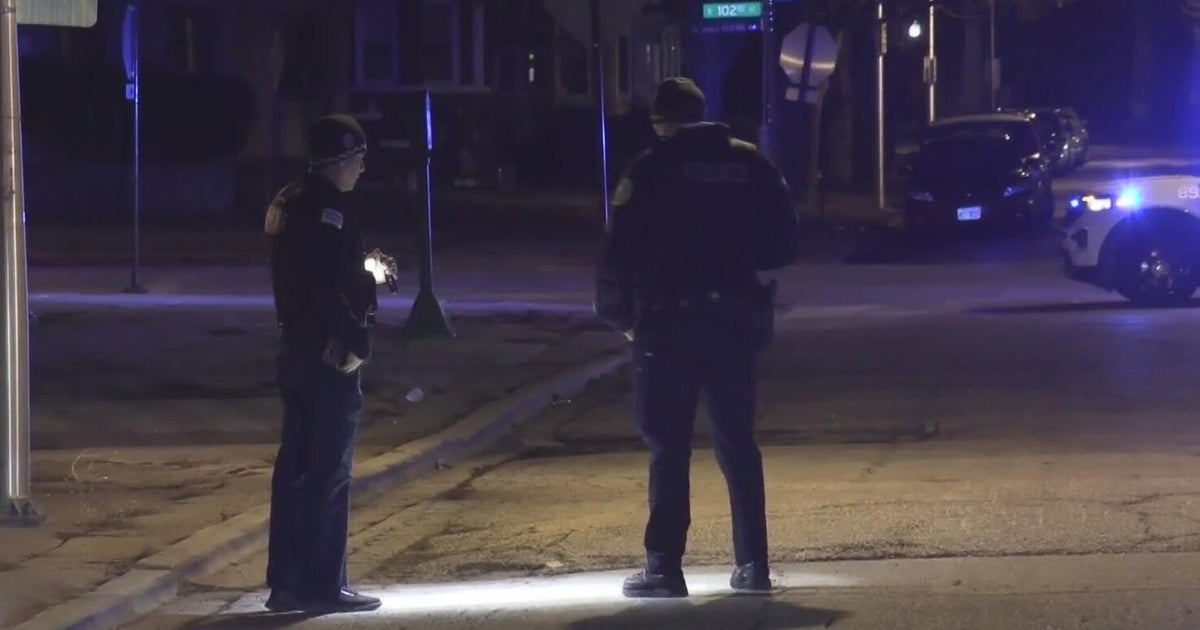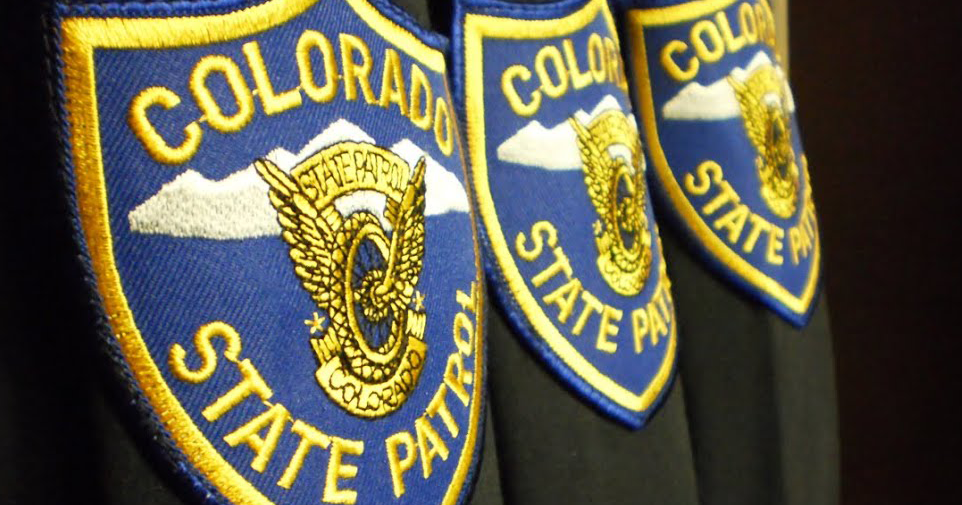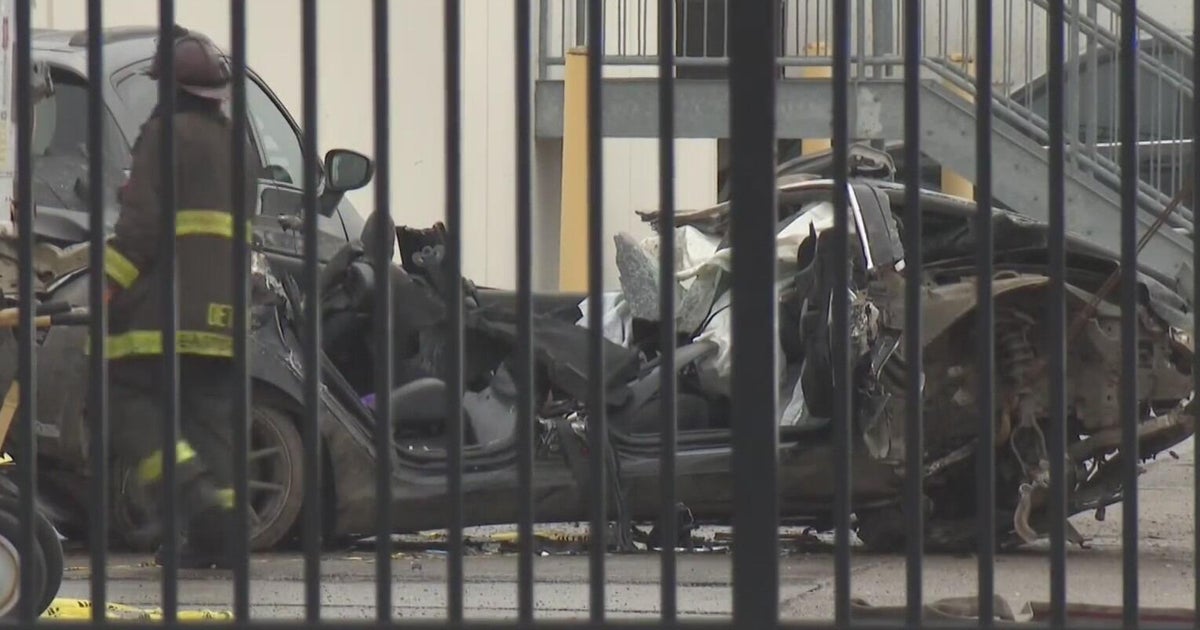SEPTA stress tests bulletproof glass enclosures to protect bus drivers
SEPTA bus drivers secured safety improvements, including bulletproof glass enclosures for their vehicles, when they signed a new contract last year and avoided a strike.
The compartments were designed after the murder of Bernard Gribbin, who was driving a Route 23 bus on Germantown Avenue when he was shot multiple times by a passenger on Oct. 26, 2023, sparking concerns about safety among drivers.
Tuesday, the bulletproof enclosures were put to the test, as multiple SWAT officers fired rounds at the bulletproof panes to test their durability.
The cabins, made by Custom Glass Solutions, cost about $15,000 each to install. The Transport Workers Union of America, which represents thousands of SEPTA employees, says the enclosures are the first of their kind in the country.
Chad Beach, the company's director of product management, said the glass is designed to be both bullet-resistant and an entry deterrent to provide drivers with comprehensive protection.
"They can lock themselves in, so no one can get into it," Beach explained. "Whether you are shooting at it or trying to get at it with a baseball bat, you're not going to be able to access the driver."
During testing, the glass was subjected to gunfire from multiple weapons, including 16 rounds from a .45-caliber handgun and a 9mm firing simultaneously. While most bullets were stopped, one did pass through. However, Beach said the glass slowed it down enough that it likely wouldn't have caused serious injury.
"What we talk about in ballistics is a 'less than lethal pass-through,'" Beach said at the demonstration. "The bullet's actually hanging on the clothing of [the test dummy]."
Brian Pollitt, president of Transport Workers Union Local 234, considered the testing a success. He said threats of assault are a growing concern among bus operators.
"When I started in 1990, it was a whole different world," Pollitt said. "Nowadays, our system has been under siege by the homeless, the drug-addicted and mentally ill."
SEPTA spokesperson Andrew Busch said the agency is committed to improving security but hasn't determined whether the reinforced glass will be installed systemwide.
"I don't know if putting glass like this in everywhere where we have glass would be practical, but we are always going to look at enhancing safety and security," Busch said.
For now, SEPTA plans to move forward with installing the protective cabins and increasing security patrols across its system.
Meanwhile, other cities will look to model after SEPTA's new cabins.
"This safety measure is necessary because of the outrageous and grotesque level of violence against front-line transit workers," TWU International President John Samuelsen said in a statement. "We need to completely encapsulate Bus Operators to protect them from all sorts of attacks and threats, including gunfire. It's unacceptable that Bus Operators leaving home for work worry they might wind up in the emergency room, or worse."
Gribbin, 48, was described in an obituary as an Army veteran who was stationed in Germany and deployed to Bosnia from 1996 to 1999. The avid follower of pro wrestling lived in Abington, Montgomery County, and had worked for SEPTA for 12 years as a bus operator.
